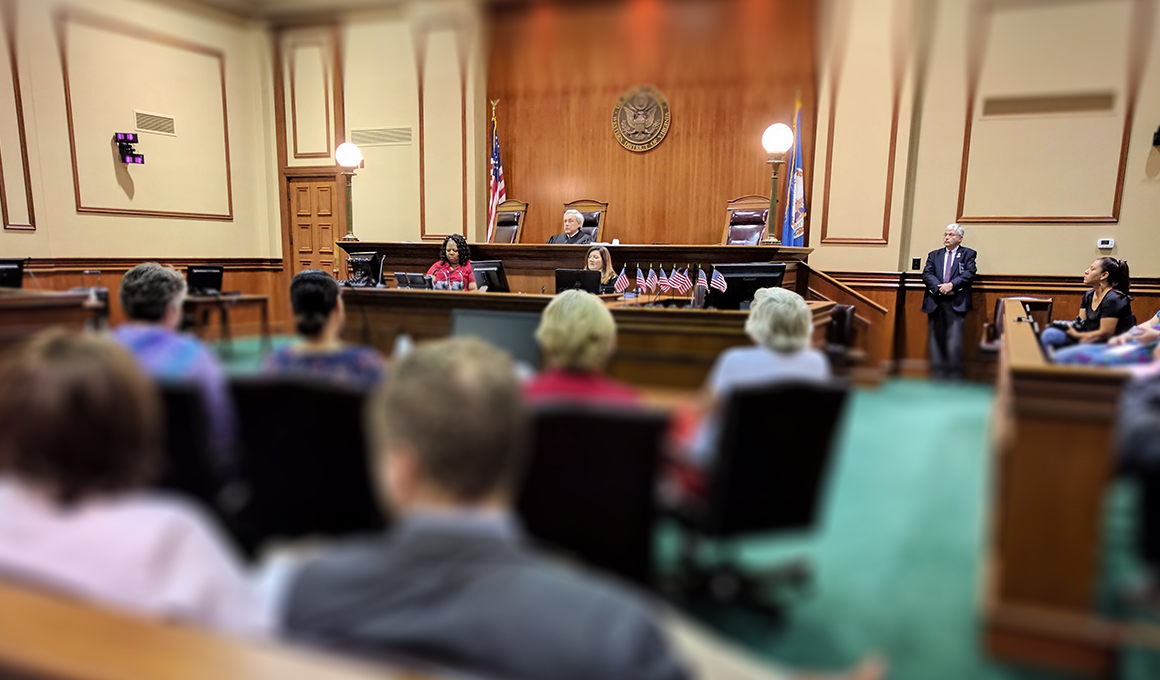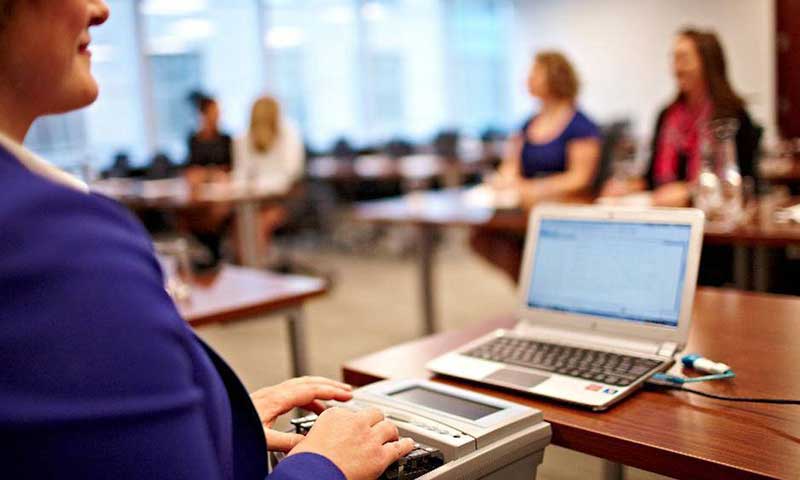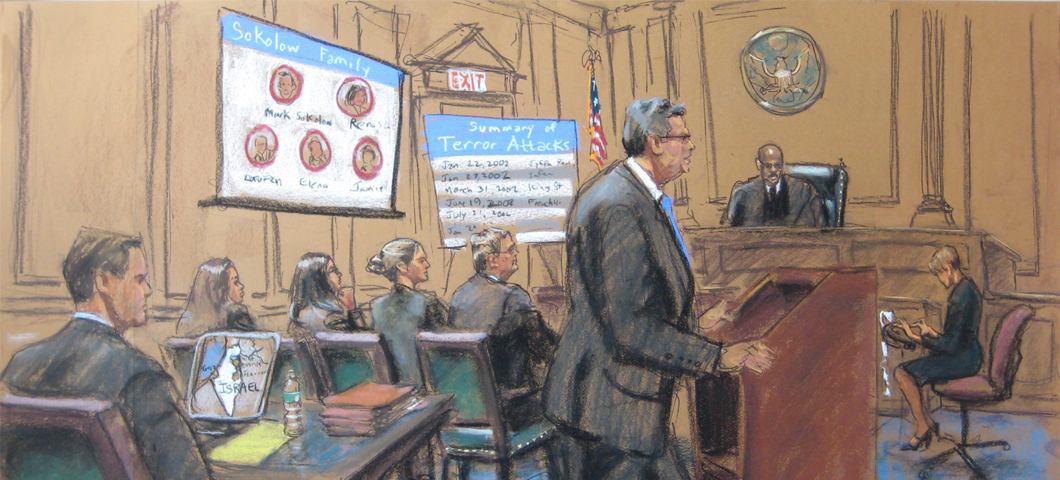Captivate the Jury: Vital Components of a Powerful Test Discussion
Essential components such as comprehending the target market, crafting an engaging narrative, and grasping verbal and non-verbal communication are crucial parts of a reliable discussion. As these factors intertwine, they develop a cohesive approach that not only notifies however additionally engages jurors on numerous degrees.

Understanding Your Target Market
Comprehending your audience is a crucial element of reliable trial presentation. An effective presentation depends upon the ability to comprehend the demographics, values, and tendencies of jurors. This comprehension informs just how disagreements are framed, evidence is presented, and sob stories are crafted, ensuring that the message resonates with the jurors on a personal level.
Study suggests that jurors come from diverse histories and might have differing levels of recognizing regarding lawful proceedings. Additionally, understanding the jurors' possible prejudices and life experiences permits the test speaker to expect objections and address worries proactively.
Reliable trial discussion likewise involves observing jurors' responses throughout the proceedings. Involving with jurors as individuals instead than a collective unit is necessary in promoting a solid link in the court room.

Crafting a Compelling Story
Crafting an engaging narrative is important in assisting jurors through the intricacies of a situation. A well-structured narrative not just streamlines elaborate legal principles however likewise engages jurors on a psychological degree, making the information a lot more relatable and memorable.
This message must reverberate with the jurors' worths and experiences, fostering a link that goes beyond plain truths. This chronological method can assist jurors comply with the development of occasions, stressing reason and result.
Incorporating human components-- such as personal tales or stories-- can further improve the story's influence. These elements evoke compassion, enabling jurors to envision the consequences of the case on the real worlds. In addition, using a consistent theme throughout the presentation strengthens the major debate, making it simpler for jurors to maintain essential points.
Eventually, an engaging story changes a trial presentation from a simple recounting of facts into an influential story that astounds the court, urging them to deliberate with both reason and emotion.
Utilizing Visual Aids
Integrating aesthetic aids into a trial presentation can significantly enhance jurors' comprehension and retention of info. Aesthetic products such as graphes, layouts, pictures, and video clips can transform complex legal ideas and proof right into conveniently absorbable layouts. By involving numerous senses, these aids allow jurors to imagine the situation's vital elements, making it much easier for them to follow along and understand detailed details.
Additionally, properly designed aesthetic help can emphasize crucial points and emphasize partnerships between different pieces of proof. Timelines can efficiently illustrate the sequence of events, while annotated pictures can clear up particular details relevant to the instance. This not just aids in understanding but also reinforces the story provided by the attorney.
It is important, however, to make certain that aesthetic aids matter, clear, and professionally provided. Overly complex or chaotic visuals might overwhelm jurors and take away from the message. When check this site out used deliberately, aesthetic aids offer to complement the oral debates and enhance the general influence of the test presentation. Eventually, reliable visual communication can be a powerful device in persuading jurors and aiding them get to educated conclusions.
Mastering Verbal Interaction
Reliable verbal communication is critical in a trial presentation, as it acts as the key means through which attorneys communicate their debates and connect with jurors. Grasping this ability entails clearness, persuasion, and engagement. Attorneys have to verbalize their factors clearly and briefly, avoiding legal lingo that might confuse jurors. Simpleness in language cultivates understanding and helps jurors grasp complicated concerns presented throughout the trial.
Additionally, tone and pacing dramatically impact how messages are gotten. A positive tone communicates authority, while suitable pacing enables jurors to take in information without feeling overwhelmed. Lawyers need to additionally differ their singing inflections to stress bottom lines and maintain jurors' passion throughout the discussion.
In addition, the company of spoken disagreements is necessary. Structuring the narrative realistically and coherently assists jurors adhere to the lawyer's logic, making it simpler for them to keep vital information. Using persuasive techniques, such as narration, can likewise boost the emotional resonance of the disagreements presented, thereby developing an like this extra extensive link with jurors.
Ultimately, understanding verbal communication not only enhances an attorney's situation but also fosters depend on and relationship with the court, substantially boosting the chances of a favorable decision.

Engaging With Body Movement
Nonverbal communication plays a vital duty in test presentations, usually communicating messages that words alone can not express. Body movement, encompassing motions, pose, faces, and eye call, dramatically affects how jurors regard the trustworthiness and genuineness of the presenter. A positive position, with shoulders back and an open posture, can impart depend on, while closed-off body movement may suggest defensiveness or uncertainty.

Face expressions ought to mirror the feelings connected with the case, enhancing the narrative being offered. A sincere expression throughout an emotional minute can elicit compassion and reinforce the emotional charm. Inevitably, grasping body movement is necessary for reliable trial presentations, as it boosts verbal interaction and establishes a compelling visibility that reverberates with the court.
Conclusion
To conclude, astounding the jury requires a critical approach that encompasses comprehending the target market, crafting an engaging narrative, using aesthetic aids, understanding spoken interaction, and engaging through body movement. Each element plays a critical function in developing a powerful trial click to find out more presentation that reverberates with jurors on both psychological and intellectual levels (trial presentation). By integrating these elements properly, lawyers can significantly boost their capacity to persuade and affect court decision-making
Comments on “Trial Presentation Professional Services to Enhance Litigation and Case Success”